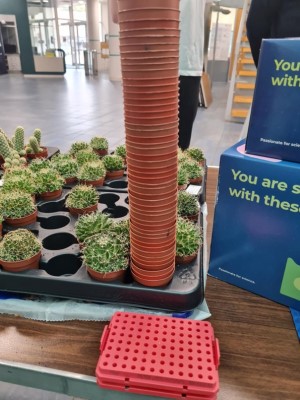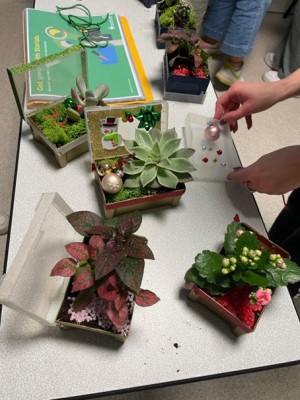Starlab International, a laboratory product manufacturer, recently concluded its sixth annual Sustainability Weeks, a widely successful event series that saw participation from over 100 laboratories across Europe. This year’s Sustainability Weeks, held from 7 to 25 October, significantly outperformed the previous year, with attendance rising from 85 to more than 100 labs and approximately 3,000 participants engaged overall.
The event series included six webinars hosted in the United Kingdom, Germany, France, and Italy, and promoted Starlab’s dedication to embedding sustainable practices in laboratories, aiming to make green initiatives integral to laboratory operations across Europe.
Klaus Ambos, President & CEO of Starlab International GmbH, emphasised the shift in laboratory culture, noting that sustainability has evolved from a mere trend to a strategic focus for many labs. According to data from Starlab’s Mood Barometer, 90% of labs are prioritising sustainable practices. This commitment is visible in actions taken by labs to reduce their environmental footprint, with 95% of participating labs actively minimising waste, 92% reducing energy use, and 75% adjusting ordering habits to lessen transport emissions and packaging waste. Furthermore, 72% of labs regularly train staff on environmental topics, while over a third are ordering sustainably produced or reusable products.
A notable aspect of this year’s Sustainability Weeks was Starlab’s creative recycling initiative: the distribution of cacti planted in repurposed TipOne racks. More than 2,700 cacti were given to participants, symbolising the brand's commitment to reuse and inspiring creative thinking about laboratory waste. By using these cacti as “green ambassadors,” Starlab highlighted the potential for rethinking waste materials, illustrating how items typically discarded can find new life in sustainable ways. Ambos explained that the cacti in repurposed racks represent Starlab’s commitment to reuse and sustainability, reinforcing the message of recycling and repurposing.
Supporting data from the Journal of Cleaner Production underscores the impact of these efforts, indicating that laboratories can reduce their carbon footprint by up to 30% by incorporating practices like recycling, energy efficiency, and sustainable materials. This research aligns with Starlab’s mission to reduce the environmental impact of laboratory activities, which Ambos highlights as a key objective of Sustainability Weeks.
Additionally, Starlab’s recycling service, which has gained popularity among European laboratories and research institutes, forms a critical part of their sustainability strategy. Plans are underway to expand this service across more countries in Europe, further promoting sustainable laboratory practices. Looking ahead, Starlab intends to grow its Sustainability Weeks initiative each year, seeking to engage even more laboratories and continually demonstrate sustainable innovations, particularly around their TipOne tip system.
Through Sustainability Weeks, Starlab aims to influence laboratories toward more eco-friendly practices, positioning itself as a leader in promoting green initiatives within the laboratory industry.


